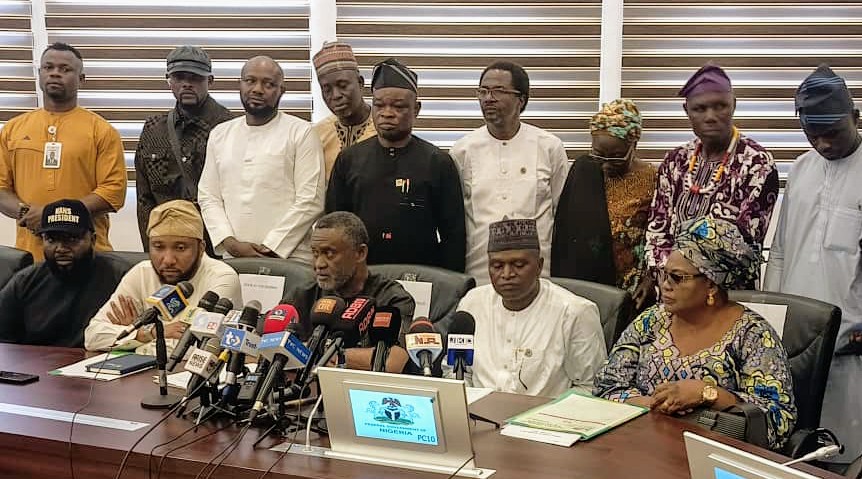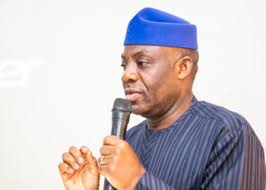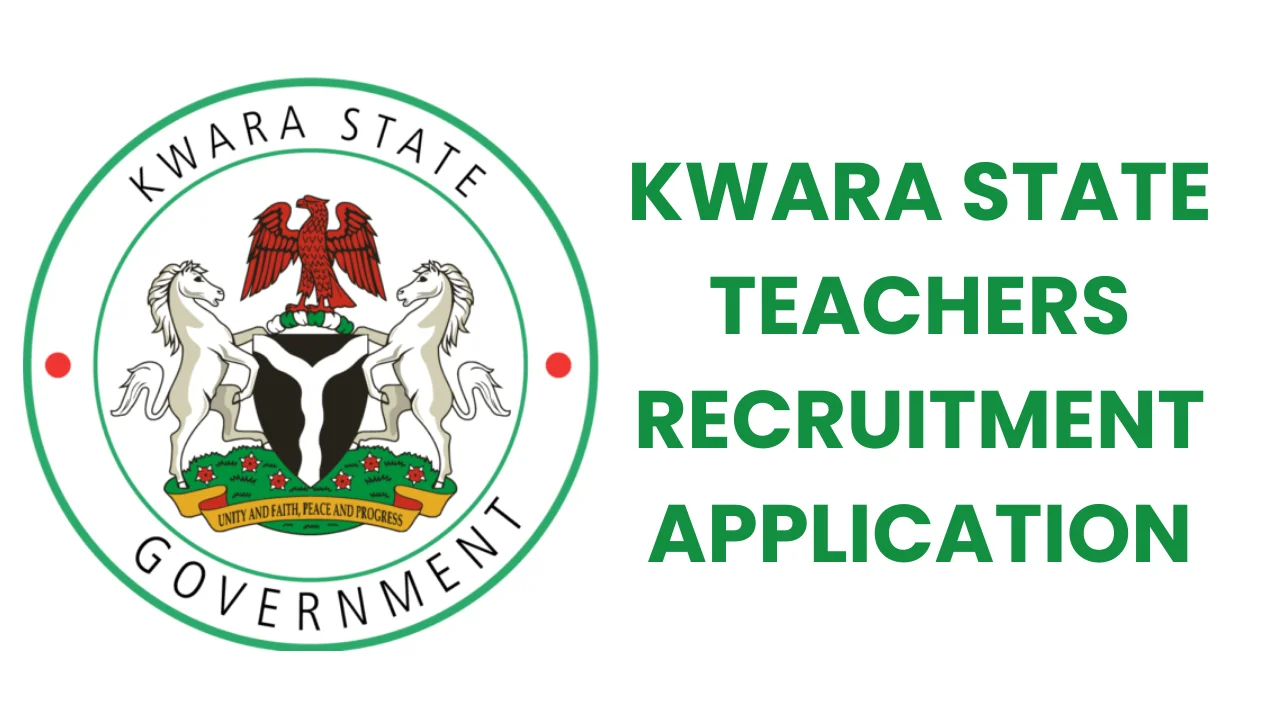By Funmilayo Adeyemi
The Federal Government has unveiled a five-week training for 6,000 senior secondary school teachers in Artificial Intelligence Pedagogy across the country.
At the official kick-off of the training in Abuja on Tuesday, the Minister of Education, Dr Tunji Alausa, called on the participants to take advantage of the training in order to contribute to national development.
The News Agency of Nigeria (NAN) reports that the event also featured the unveiling of the Minimum Standards for Senior Secondary Education.
Represented by the Director, Senior Secondary Education Department NSSEC) in the ministry, Hajia Binta Abdulkadir, the minister described education as the cornerstone for any meaningful development.
He stressed the need for beneficiaries to equip themselves with modern technology for teaching and learning.
“The world is undergoing a technological revolution and artificial intelligence (Al) is at its core.
“Al is no longer a futuristic concept but a present-day reality, transforming industries, economies and societies.
“As educators, we must embrace this evolution and ensure our education sector is not left behind.
“The integration of Al into pedagogy offers an unprecedented opportunity to enhance learning experiences, personalise education and develop critical thinking skills among our students,” he said.
Also, the Executive Secretary, National Senior Secondary Education Commission, Dr Iyela Ajayi, called on state governments, school administrators and private sector partners to support the initiative.
Ajayi appealed for investment in infrastructure, teacher training and learners’ welfare to ensure that no school, teacher or learner was left behind in the journey towards educational excellence.
On the implementation of the minimum standards, he assured of immediate and full implementation, while giving nine-month widow for school sanctions.
Ajayi said that the commission, through its intervention programmes, would develop the minimum standards to build capacities and provide instructional resources, among others, for schools.
“The minimum standards is a strategic response to the challenges and gaps identified in the senior secondary education sub-sector.
“Over the years, we have observed disparities in curriculum implementation, teaching quality, school infrastructure and learners’ outcomes across different states and schools.
“These inconsistencies have contributed to uneven access to quality education, limiting the potential of many learners.
“With these newly-developed standards, we now have a comprehensive framework that sets clear benchmarks for learning content, teacher qualification, school facilities, learners assessment and governance in all senior secondary schools,” he said.
The Lead Facilitator, Dr Oluwakemi Olurinola, said that the training would bridge the digital gap in teaching and learning.
Olurinola, of Department of Science and Technology Education, Olabisi Onabanjo University, Ogun, called on teachers to utilise every opportunity gained to be self-productive.
“We’re at a crucial turning point where the age-old ways of teaching are being questioned by the swift progression of technology.
“As we stand at the intersection of technology and education, it is clear that AI has the potential to revolutionise how we teach and learn.
“This training programme is not just about introducing teachers to new tools; it is about empowering them to harness the power of AI to create more engaging, personalised and effective learning experiences for their students,” she said.
Giving an overview of the programme, the Head of Teacher Training and International Partnership, NSSEC, Mr Mohammed Salihu, said it was grouped into cohorts to accommodate teachers for five weeks.
NAN reports that the programme was attended by commissioners of education or their representatives in all the 36 states of the federation and FCT.
NAN also reports that the virtual training was sponsored by Google Research, supported by Data Science Nigeria and Olabisi Onabanjo University. (NAN) (www.nannews.ng)
Edited by ‘Wale Sadeeq












